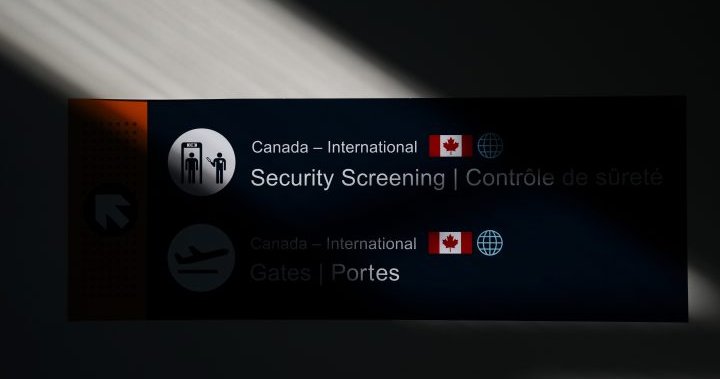
Immigration lawyers fear unfair rulings amid foreign interference concerns
Global News
Lawyers who work within the immigration system say they expect security officials to ramp up those efforts amid the heightened attention on other countries' meddling attempts.
Even as the conversation around foreign interference continues to centre on efforts to disrupt Canadian elections, the federal government is routinely deporting people suspected of engaging in espionage or terrorism – or barring them entry to Canada.
Lawyers who work within the immigration system say they expect security officials to ramp up those efforts amid the heightened attention on other countries’ meddling attempts. Some fear they could go too far.
Athena Portokalidis, an immigration lawyer based in Markham, Ont., said there seems to be a growing number of such cases.
“What I’m kind of starting to notice is that whether it’s explicit or not, they can be politically motivated,” she said. “There might be a trend here. It may be too early to tell, but that’s something that I’ve noticed and something that I’ve heard.”
The federal government was unable to provide data on the number of related cases in time for publication.
The Canadian Security Intelligence Service, Canada Border Services Agency and the Immigration Department are all involved in the security screening process. None of them provided comment in time for publication, including data on the number of related cases.
The Immigration and Refugee Protection Act allows officials to bar permanent residents or foreign nationals from entering Canada if they are engaged in terrorism or in espionage contrary to Canada’s interests. The Immigration and Refugee Board of Canada is the independent administrative tribunal that hears applications.
When people submit apply for visas, they are subject to background and security checks before being admitted to the country. If there are red flags, CSIS and CBSA can make reports to the board, which then decides what to do with an application.
